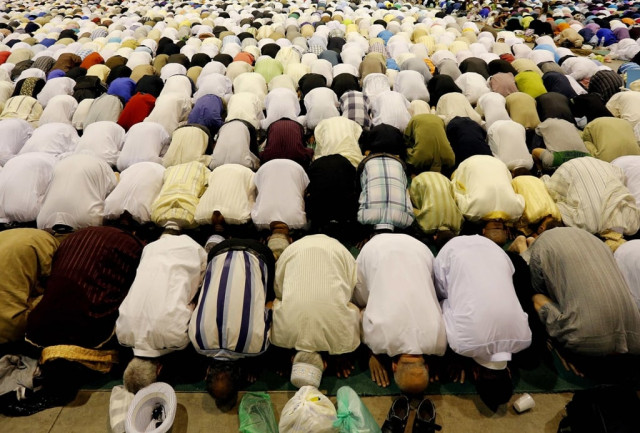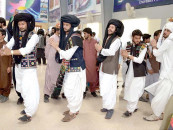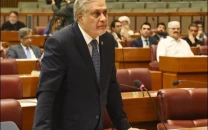Survey to gauge sermons’ impact
Auqaf dept teams up with Harvard, LUMS for novel initiative

First time, the Punjab Auqaf department has accorded approval to start a unique survey of 435 government mosques and 500 government shrines (darbars) to determine the impact of sermons on worshippers and their families across the province.
A formal agreement has been reached among the Auqaf department, Lahore University of Management Sciences (LUMS) and Harvard University for a detailed survey. The students of these two universities will conduct this interesting survey to know the effects of sermons delivered by imams on Friday and Eid prayers in the government mosques, the remembrance of sermons by worshippers on the second day, the implementation of sermons on the worshippers, and application of sermons to their wives, children and siblings at home.
Per the agreement, teams of students will participate in three Friday congregations in each government mosque, perform Friday prayers and ask these questions to 10 worshipers in each government mosque. This survey will be completed in three months for which separate teams have been formed for each district.
On behalf of the Auqaf department, all regional and district speakers/Khatibs across Punjab will supervise and facilitate this survey, while orders have also been issued to the khatibs of all mosques and mosques attached with the government darbars to fully cooperate with these survey teams.
Qari Abdul Rahim Abbasi, the spokesperson of the Tahafuz Haqooq Ulema Council (Protection of Rights Ulama Council) and the main leader of the Auqaf Department Welfare Association, told The Express Tribune that the students of two major universities would conduct this important survey independently.
After the survey, the government mosques will be used to solve public problems and bring prosperity and development to the country. All the government mosques will have the same sermon and the welfare projects of the government will also be commenced and executed from these mosques. New public mosques will be built in the areas where there are no official mosques, while the scales of Imams and khatibs of the government mosques will be upgraded.
Saifullah, the head of the student survey team, told this correspondent that the regional khatibs of all divisions in Punjab would be contacted for the survey. “We have also talked to the district khatibs of major districts and shall participate in three congregations of Friday prayers in the official mosques. There will be a question and answer session with those who will come to offer Friday prayers. The citizens will be asked questions about the first Friday sermon whether they remember it or not and if they remember it, did they follow it themselves. Their views on the importance of government mosques will also be recorded,” he added.
In the survey, the population, the number of streets and neighbourhoods around the government mosques and the data on the mosques and regular Friday prayers and Eid prayers will also be collected. The survey will be completed by August 14, after which the scope of this survey will be extended to Khyber Pakhtunkhwa, Balochistan and Sindh, Azad Kashmir and Gilgit-Baltistan.
Published in The Express Tribune, June 11th, 2024.



















COMMENTS
Comments are moderated and generally will be posted if they are on-topic and not abusive.
For more information, please see our Comments FAQ